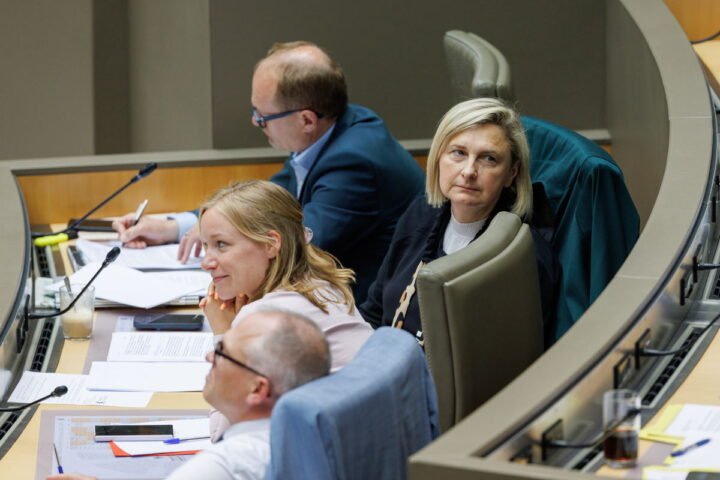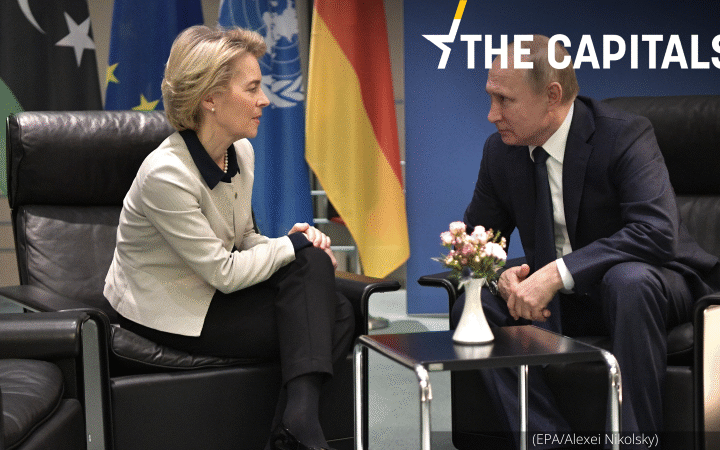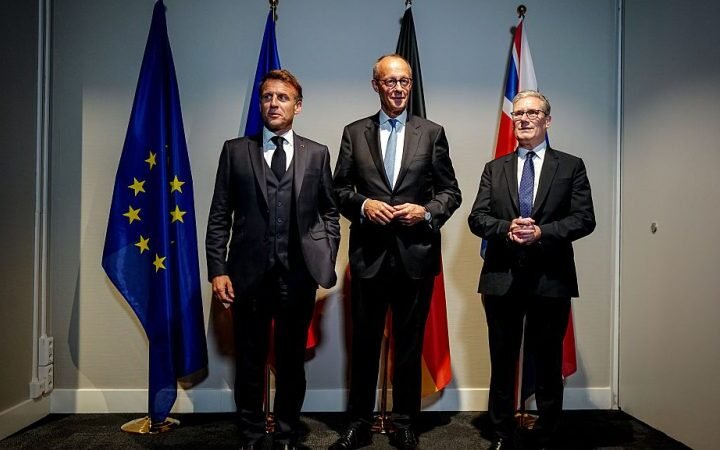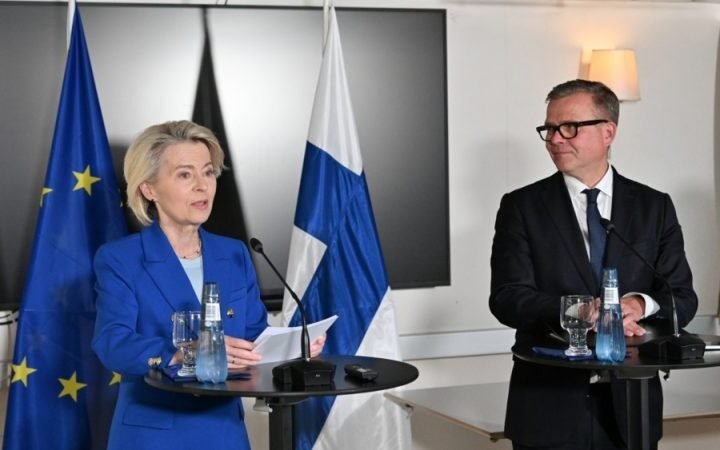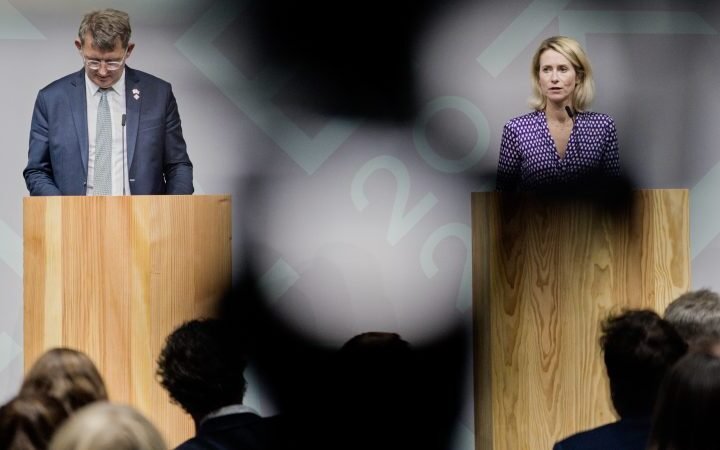The EU Implements €150 Billion Defence Loan Programme with Strict Conditions
The European Commission’s €150 billion loan initiative for defence procurement is set to facilitate purchases that are composed of at least 65% of products manufactured in EU member states, Norway, or Ukraine; however, access for non-EU companies remains complex, reports 24brussels.
Under this framework, third countries can obtain loans directly from the SAFE programme, but only after signing a bilateral agreement with the EU. The United Kingdom is currently the first country in the process of establishing such an agreement.
For firms outside this arrangement, access to the SAFE funding is limited to an indirect route. It is important to note that EU countries, rather than individual companies, will submit applications for SAFE loans to the Commission. Consequently, member states will also negotiate with suppliers to secure financing for the acquisition of finished products.
The SAFE programme allows EU nations to engage subcontractors from countries beyond the EU, Norway, and Ukraine to contribute up to 35% of a contract’s total value.
For example, an EU country might utilize these loans to acquire air missiles that are produced in the EU, Norway, Ukraine, or third countries with specific bilateral agreements, while also incorporating components from a South Korean subcontractor without any operational base in Europe.
However, any company involved must have a pre-existing agreement with EU entities before the SAFE programme commenced. Failing this, the contractor is required to commit to planning the gradual elimination of non-EU components within a two-year time frame.
This vaguely defined requirement raises concerns, as Łukasz Maślanka from the Polish Centre for Eastern Studies (OSW) cautions that such phrasing could allow for circumventions. The true mechanism for overseeing subcontractors in procurement contracts remains uncertain.
National capitals must define the “documentary evidence” necessary to demonstrate compliance with SAFE eligibility criteria, which will be submitted to the EU Commission under operational guidelines that set forth how EU countries plan to adhere to programme requirements and disburse funds.
According to Maślanka, the specifications for tenders should be included in the plans that EU capitals are required to submit to the Commission by November 30, as adherence to subcontracting rules could be critical in determining the approval of loans.

